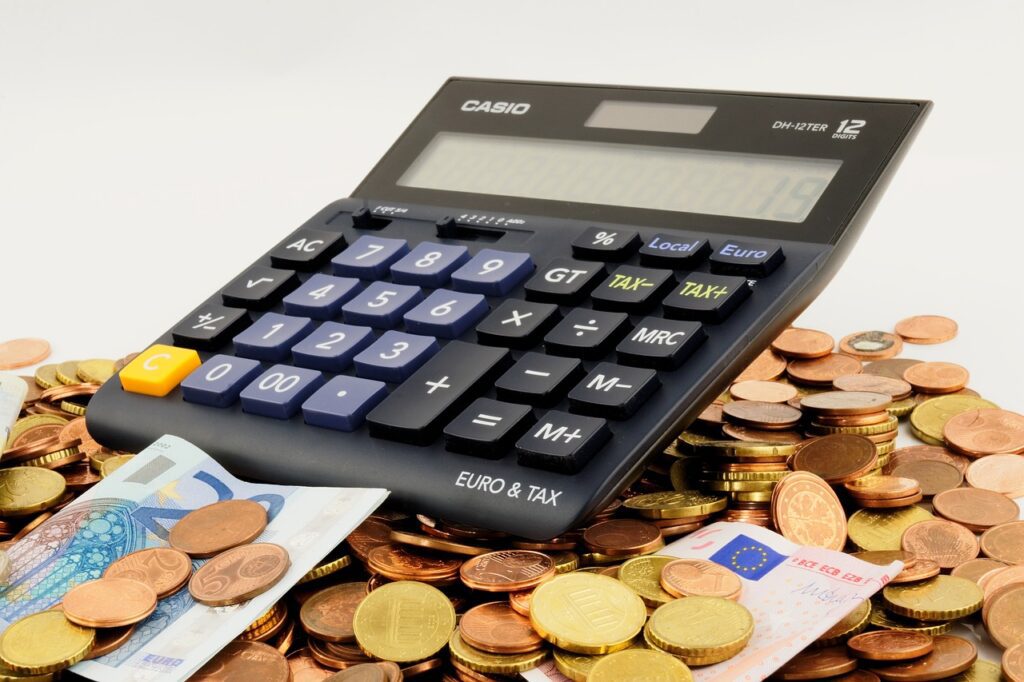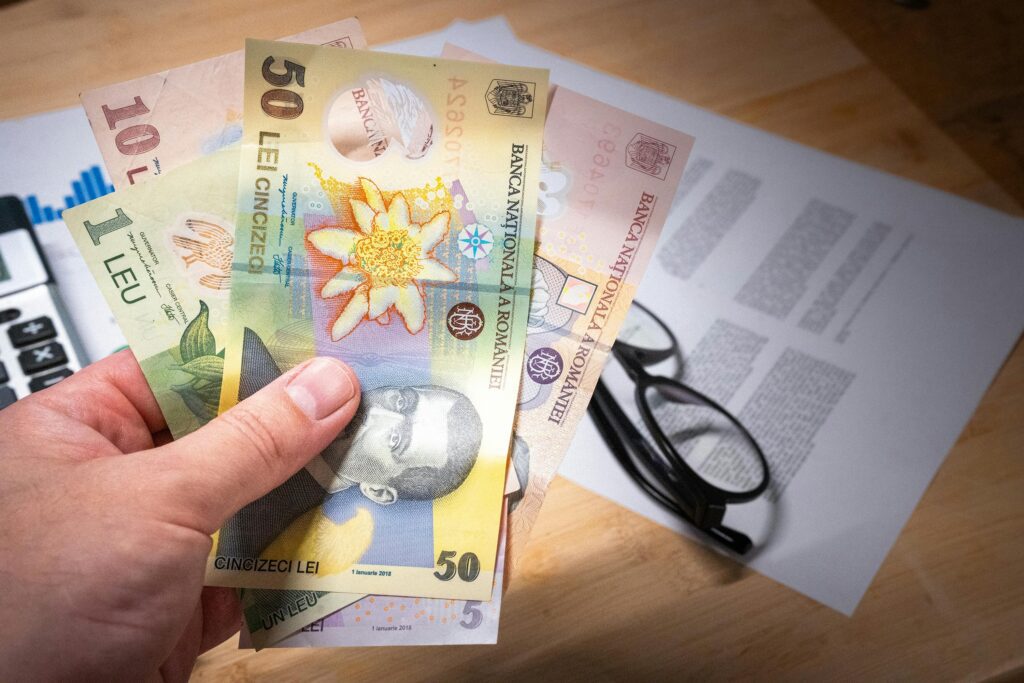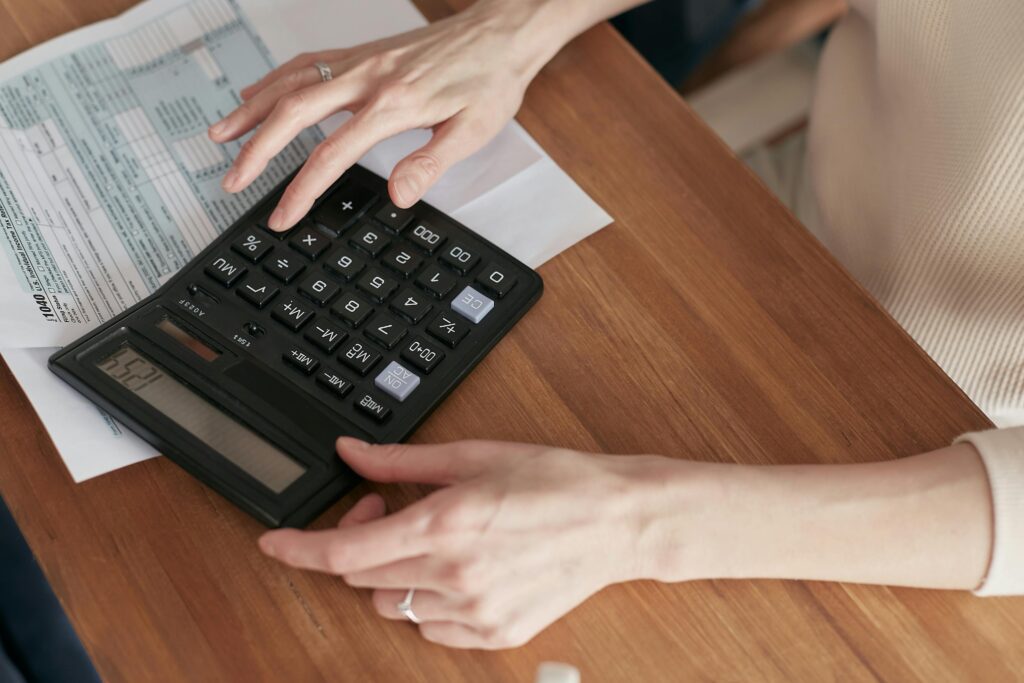Investing in real estate in Thailand offers exciting opportunities, whether you’re buying a serene vacation home, acquiring a rental property for income, or securing a long-term investment. However, many investors overlook a crucial aspect of this process—understanding the tax implications involved in purchasing, owning, and selling property in Thailand. Navigating the country’s tax system is essential to ensure that your investment remains profitable and free from unexpected financial challenges.

Thailand’s real estate tax structure includes various levies such as transfer fees, withholding tax, property tax, and income tax on rental earnings. Being aware of these taxes from the outset will allow you to plan your investment wisely, ensuring it remains financially sound in the long term.
This article will guide you through the key real estate taxes in Thailand, breaking down each one to help you make informed decisions and avoid unpleasant surprises.
Taxes Involved in Property Purchases
When purchasing real estate in Thailand, several taxes and fees must be accounted for, both by buyers and sellers. These costs are typically paid at the time of transfer at the local land office and can significantly impact the overall budget for your investment. Understanding these taxes will help you avoid any surprises during the purchasing process.
Transfer Fee
The transfer fee is one of the primary taxes involved when purchasing property in Thailand. It is set at 2% of the government-assessed property value, not the actual sale price. This fee is usually shared between the buyer and seller, although it can be fully negotiated during the sales agreement. For property investors, this is a crucial cost to factor into their financial planning, as it directly influences the overall expenditure of the transaction.
To better manage this tax, buyers should ensure they fully understand the government-assessed value of the property, which is often lower than the market price but can vary. This is where working with a local real estate agent or lawyer can be beneficial, as they can provide accurate estimates and help negotiate a fair agreement between both parties.
Withholding Tax
Withholding tax is applicable when the seller is either a company or an individual. If the seller is a company, the withholding tax is a flat 1% of the sale price or the government-assessed value, whichever is higher. However, if the seller is a private individual, the calculation becomes more complex. The tax is calculated progressively based on the individual’s income tax rate and the length of time they have owned the property.
For individual sellers, the withholding tax can significantly affect the net proceeds from the sale, especially if the property has appreciated in value over the years. It’s crucial to clarify in advance who will bear this cost, as it is usually the seller’s responsibility but can sometimes be negotiated. Understanding the exact withholding tax obligations is essential for both buyers and sellers to ensure the smooth completion of the transaction.
Ongoing Taxes for Property Owners
After purchasing real estate in Thailand, property owners must account for several ongoing taxes. These recurring costs impact the long-term expenses associated with owning property, and it’s essential to plan for them to maintain financial stability.
Property Tax (Land and Building Tax)
The Land and Building Tax is an annual tax that replaced the old House and Land Tax in 2020. This tax is levied based on the government-assessed value of the property, and the rate depends on the property’s usage—whether it’s residential, agricultural, commercial, or unused land. For residential properties, the tax starts at 0.02% of the property’s assessed value. However, the rate can increase for higher-value properties or those used for commercial purposes.
For most homeowners, this tax is relatively modest. However, for owners of luxury homes, villas, or large commercial properties, the rate can increase, leading to a higher annual tax bill. Additionally, properties left unused for extended periods may be subject to higher rates, encouraging landowners to make productive use of their land. This is especially relevant for investors holding land for future development or resale.
Income Tax on Rental Properties
If you rent out your property in Thailand, you are required to pay tax on the rental income generated. The applicable tax rate depends on whether you own the property as an individual or through a company.
For individual property owners, rental income is subject to personal income tax at a progressive rate, starting at 5%, and increasing depending on the total amount of income. This makes it important for landlords to track their income carefully and calculate the tax owed at the end of the year.
For corporate owners, rental income is subject to corporate income tax at a flat rate of 20%. This tax rate applies to all profits earned by the company, including those from property rentals. Corporate ownership can sometimes offer tax advantages, especially for larger portfolios, but it’s crucial to ensure compliance with all tax regulations.
Whether you’re an individual or a company, it’s vital to declare all rental income to avoid legal complications. Properly managing and reporting rental income will ensure you stay compliant with Thai tax laws and avoid penalties or back taxes.

Taxes on Selling Property
When selling property in Thailand, additional taxes come into play. These taxes vary based on the length of ownership and the government-assessed value of the property. Properly understanding these taxes is key to maximizing your return on investment and ensuring compliance with Thai tax laws.
Specific Business Tax (SBT)
The Specific Business Tax (SBT) applies to the sale of properties held for less than five years. The SBT rate is 3.3% of the assessed value or the actual sale price—whichever is higher. This tax is typically the responsibility of the seller and must be accounted for in the final sale negotiations.
However, there are exemptions to the SBT. For example, if you’ve owned the property for more than five years or if the property has been your primary residence for at least one year before the sale, you may be exempt from this tax. This is especially relevant for homeowners who lived in their property but decided to sell within a few years. By carefully considering the timeline of your ownership, you can better plan for potential taxes at the point of sale.
SBT exemptions can be a significant benefit, especially for long-term investors or those selling personal residences. Ensuring that you meet the criteria for exemptions can save you from paying the SBT, which would otherwise cut into your profits.
Stamp Duty
When Specific Business Tax (SBT) does not apply—such as for properties owned for more than five years or properties that meet primary residence exemptions—a stamp duty of 0.5% of the registered sale price is charged. Like the SBT, stamp duty is generally paid by the seller.
Only one of these taxes—either SBT or stamp duty—applies to each transaction. If your property is exempt from the Specific Business Tax, the stamp duty will be the applicable tax. It’s important to calculate whether you’ll be liable for SBT or stamp duty well before listing your property to avoid any surprises during the sales process.
For property investors or sellers, calculating potential tax liabilities early on can help guide pricing strategies and ensure a smooth transaction when the property is sold. By staying informed about these selling taxes, you can better plan your exit strategy and maximize the returns from your investment.
Tax Deductions and Exemptions
Thailand’s tax system offers a variety of deductions and exemptions that can significantly reduce the tax burden for property investors. Being aware of these options can greatly influence your investment decisions and help you maximize your returns. Whether you’re selling property or managing a rental, these deductions can play a crucial role in your financial planning.
Tax Deduction on Withholding Tax
One of the key benefits for long-term property owners in Thailand is the tax deduction on withholding tax. This deduction is based on the number of years you’ve owned the property, and the longer you hold onto it, the larger the deduction becomes. Essentially, the withholding tax due upon the sale of the property is reduced proportionally based on your holding period.
For example, if you’ve owned a property for more than five years, your deduction will be higher, leading to lower tax liabilities when selling. This is especially valuable for investors with a long-term focus, as it rewards property ownership over time. It’s important to calculate how much you can save based on your specific holding period, as this can greatly affect your net profits from the sale.
Long-term investors should factor this deduction into their exit strategies, ensuring they can take full advantage of the reduced tax burden and make a more informed decision about when to sell.
Exemptions for Primary Residences
Another valuable tax benefit for property owners in Thailand is the exemption for primary residences. If the property has been your main home for at least one year before the sale, you may be eligible for exemptions from both the Specific Business Tax (SBT) and withholding tax. This exemption is designed to protect homeowners who are selling their primary residence and can result in substantial tax savings.
For example, if you’ve lived in your villa or condo as your main home, and now you’re planning to sell, this exemption can provide relief from certain taxes that would otherwise apply. To qualify, you’ll need to prove that the property has been your primary residence, such as providing utility bills or registration documents showing that you’ve lived there for at least a year.
This primary residence exemption is especially useful for homeowners who are transitioning to a new property or those looking to downsize. By taking advantage of this exemption, you can significantly reduce the overall tax burden when selling your home, helping you retain more of the proceeds from the sale.

Understanding how these deductions and exemptions work is essential for making the most of your real estate investment in Thailand, especially if you’re looking to minimize tax liabilities and maximize returns.
Seeking Professional Help for Real Estate Taxes
Navigating Thailand’s real estate tax system can be overwhelming, particularly for foreign investors who are unfamiliar with local regulations. The tax obligations related to property ownership, rental income, and sales can be complex, and a misstep could result in costly penalties or lost opportunities. To ensure compliance and maximize your financial benefits, it’s essential to seek professional advice from experts who understand the intricacies of Thai real estate law.
Working with Tax Advisors
A skilled tax advisor can be invaluable in helping you manage the tax aspects of your real estate investment. Tax advisors not only help calculate the correct taxes due on your property purchase, rental income, and eventual sale, but they also ensure you’re making the most of available tax deductions and exemptions.
For example, if you’re generating rental income, a tax advisor will ensure that you accurately report your income and expenses, potentially reducing your overall tax liability. Furthermore, tax advisors stay up-to-date with any changes in Thai tax law, which could impact your investment. By working with an advisor, you can avoid common pitfalls, such as overpaying taxes or failing to comply with regulatory requirements.
Foreign investors, in particular, benefit from having a local tax expert who understands the differences between domestic and foreign ownership rules, ensuring that you are fully compliant while optimizing your tax strategy.
Legal Assistance for Property Transactions
While tax advisors handle the financial aspects of property investments, a legal professional is equally important to ensure that all real estate transactions are carried out correctly and in accordance with Thai law.
From drafting purchase agreements to registering the property and managing taxes at the Land Department, a qualified lawyer will guide you through each step of the process. They’ll ensure that the title deed is legitimate, help with any zoning or regulatory issues, and ensure that you’re aware of your tax liabilities from the outset.
Legal professionals also help handle tax documentation during sales or property transfers, making sure all required fees, such as withholding tax, stamp duty, and specific business tax (SBT), are calculated and paid correctly. This is particularly important if you’re selling property as a foreign investor, as the process can be more complex due to ownership regulations.
By working with a local lawyer, you can avoid common legal and tax-related mistakes, ensuring that your real estate investment is profitable and compliant with Thai law.

Conclusion
Investing in real estate in Thailand presents an excellent opportunity, but it also comes with significant tax responsibilities that can impact your return on investment. From transfer fees and withholding tax to ongoing property taxes and income tax on rental properties, understanding the tax landscape is critical for both foreign and local investors.
By seeking advice from experienced tax advisors and legal professionals, you can avoid costly mistakes, ensure compliance with Thai tax law, and take advantage of available deductions and exemptions. These experts will guide you through every stage of your investment—whether you’re purchasing, holding, or selling—ensuring that you minimize tax liabilities and maximize your financial return. Being proactive about your tax strategy will not only protect your investment but also provide peace of mind, allowing you to focus on growing your real estate portfolio in Thailand.
FAQ – Real Estate Taxes in Thailand
The transfer fee is a tax imposed by the Thai Land Department during the official transfer of property ownership. It is calculated at 2% of the official assessed value of the property. In most cases, this fee is negotiated between the buyer and seller, with both parties typically splitting the cost equally. However, the exact arrangement can vary, so it’s important to clarify this in your sales agreement.
The stamp duty is generally paid by the seller unless Specific Business Tax (SBT) applies. The rate for stamp duty is 0.5% of the registered property value. If the property has been owned for more than five years and is being sold by an individual, stamp duty will apply instead of the SBT. Ensure that this cost is accounted for during the sales negotiations.
Specific Business Tax (SBT) is a tax levied at 3% of the assessed or sale value of a property (whichever is higher). It applies when the seller has owned the property for less than five years. SBT is usually applicable to property developers or individuals selling a property within five years of acquisition. If the property has been held for over five years, stamp duty is charged instead of SBT.
Under the Land and Building Tax system, properties are taxed annually based on their usage. Residential properties have a tax rate between 0.02% and 0.1%, depending on the property’s value. Properties worth less than 50 million baht used as primary residences are often taxed at the lower end of the scale. For commercial properties, the rates range from 0.3% to 0.7%, depending on the property’s appraised value.
Yes, rental income in Thailand is considered personal income and is subject to progressive income tax rates ranging from 0% to 35%. Property owners must declare their rental earnings as part of their overall income when filing taxes. Deductions for maintenance and management costs related to the rental property are often allowed, helping to reduce the taxable income.
Thailand does not have a specific capital gains tax, but any profit made from selling property is subject to personal income tax. The tax is calculated based on the property’s sale price or assessed value, and there are allowable deductions depending on how long you have owned the property. The longer the property is held, the more deductions you may be able to claim, which reduces your overall tax liability.
If you sell your property within five years of ownership, you will be subject to Specific Business Tax (SBT) at a rate of 3% on the sale or assessed value. Additionally, you’ll need to pay withholding tax based on your marginal income tax rate. These taxes are higher for short-term property investments, which is why many investors hold properties for longer periods.
The withholding tax is based on the seller’s marginal income tax rate and is applied to the assessed value of the property. For corporate sellers, this tax is calculated at a flat 1% of the property’s assessed or sale value (whichever is higher). It’s advisable to consult with a tax advisor to ensure the correct amount is calculated and paid.
Yes, landlords can deduct certain expenses from their rental income in Thailand, which helps lower the overall taxable income. Commonly deductible expenses include maintenance costs, property management fees, repair costs, and insurance premiums. By claiming these deductions, you can reduce your tax burden and maximize the profitability of your rental property.
Yes, it is highly recommended to work with a local tax advisor or legal expert when investing in Thai real estate. Thai tax laws can be complex, particularly for foreign investors, and professional advice ensures that you comply with local regulations. A tax advisor can help you understand your tax liabilities, file accurate returns, and plan your real estate investment to optimize tax efficiency.
